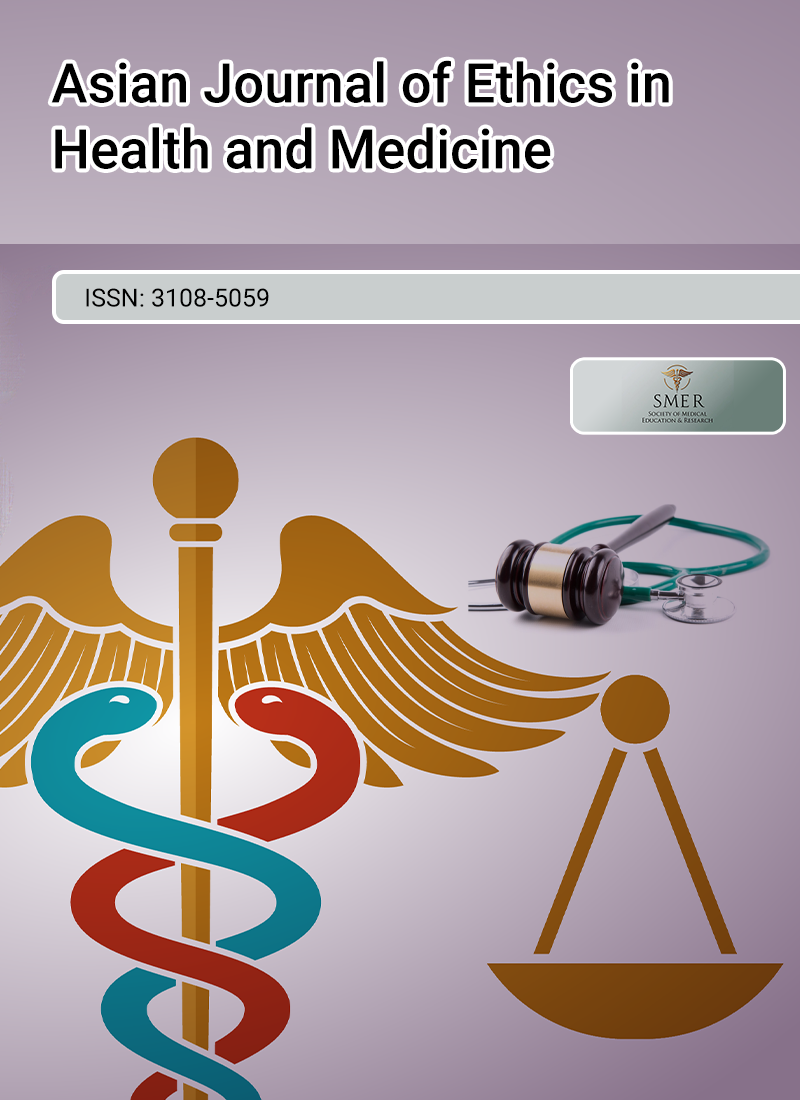
In health research, involving people with lived experience and members of the public is crucial from both ethical and scientific perspectives. True engagement entails their active participation as full partners in research projects. Despite this, partnership-based involvement is rare in practice, particularly during research priority-setting. A key question remains: what conditions are necessary for agenda-setting to be co-led by researchers and people with lived experience and/or members of the public (or their representative organizations)? Currently, there is minimal ethical guidance addressing this topic, especially from the standpoint of those with lived experience and public members. This study offers initial insights into what these stakeholders perceive as essential foundations and obstacles for shared decision-making in health research priority-setting and in health research more broadly. In 2019, an exploratory qualitative study was conducted involving 22 semi-structured interviews with key informants from the UK and Australia. The analysis highlighted three categories of foundational elements necessary for enabling shared decision-making: relational, environmental, and personal. Collectively, these foundations mitigated many—but not all—of the barriers to equitable power sharing reported by participants. Based on these findings, practical recommendations are provided for researchers, engagement practitioners, research institutions, and funders to foster meaningful engagement in health research. Furthermore, the study examines major international research ethics guidelines on community engagement in light of these findings.